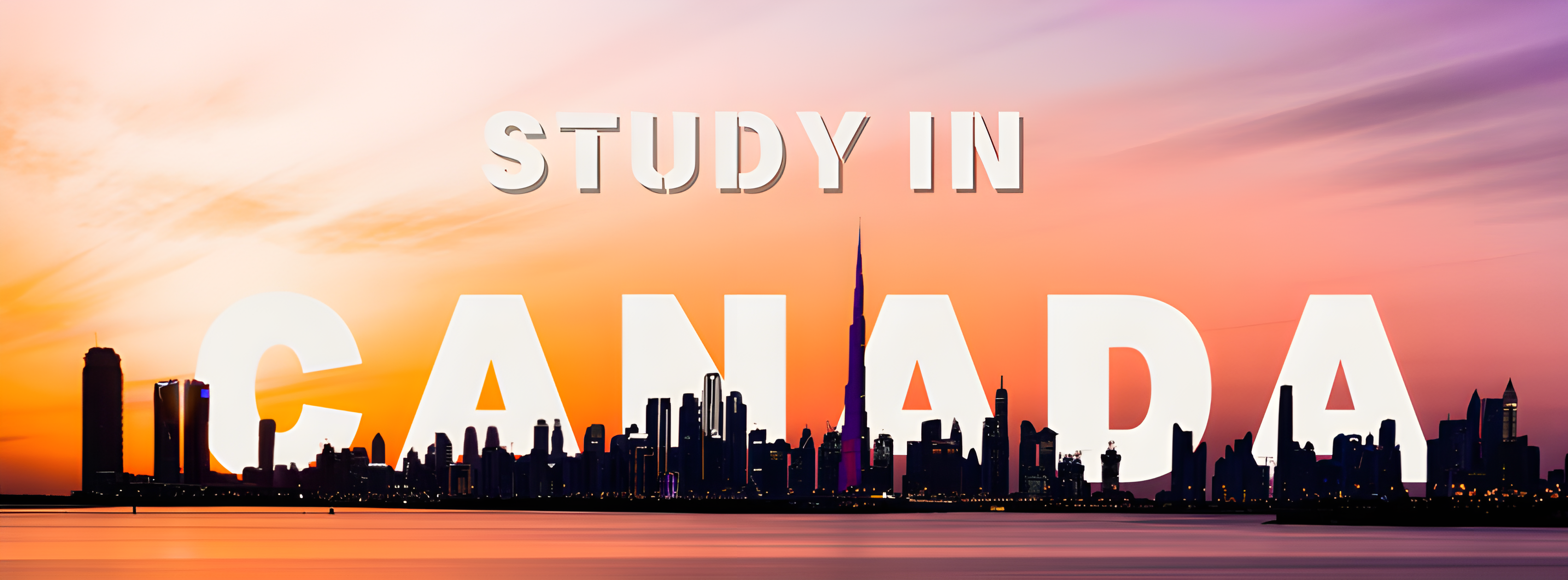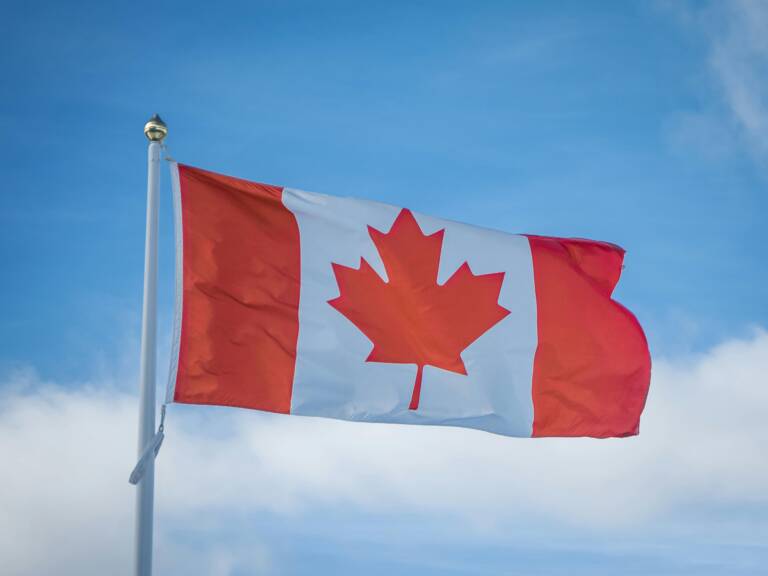Canada is a popular destination for international students, including many from Bangladesh. With its high-quality education, reasonable tuition fees, and excellent career prospects, it’s easy to see why nearly half a million international students choose Canada for their studies.
Why Choose Canada for Higher Education?
Here are some of the key reasons why Canada stands out:
- Student-Friendly Cities: Three Canadian cities are ranked among the top 50 student cities worldwide, making it a welcoming and safe environment for students.
- Post-Graduation Work Opportunities: After graduation, students can work in Canada for up to 3 years, gaining valuable experience.
- Top-Quality Education: Canada’s universities are globally recognized for their education standards, with 31 institutions ranked among the world’s best according to the QS World University Rankings 2024.
- Cultural Diversity: Studying in Canada offers a multicultural experience, allowing students to interact with peers from different parts of the world.
Program Durations in Canada
Canadian universities offer a variety of qualifications. Here’s a breakdown of the programs and their durations:
Qualification | Duration |
|---|---|
Certificate/Diploma | 1-2 years |
Associate Degree | 2 years |
Bachelor’s Degree | 4 years |
Postgraduate Diploma | 1-2 years |
Master’s Degree | 2 years |
Costs of Studying and Living in Canada
Before moving to Canada, it’s important to budget for both tuition and living expenses:
- Tuition Fees: International students pay between CAD 15,000 to CAD 30,000 per year, depending on the program and university.
- Living Costs: You’ll need an estimated CAD 10,000 to CAD 15,000 per year to cover expenses like housing, food, transportation, and other necessities.
Academic Intakes in Canada
Canadian universities have three major intakes for students:
- Winter Intake: Starts in January/February
- Fall Intake: Starts in August/September
- Summer Intake: Starts in April/May
It’s important to begin your application process 8-9 months before your desired intake to ensure a smooth transition.
Popular Courses to Study in Canada
Canada offers a wide range of programs, with some of the most popular fields being:
- Accounting
- Engineering
- Business
- Biotechnology
- Computer Science and IT
- Data Science
- Marketing and Communication
- Health Sciences
Top Universities in Canada
According to the QS World University Rankings 2024, these are the leading universities in Canada:
S. No. | Institution | QS Ranking 2024 |
|---|---|---|
1 | University of Toronto | 21 |
2 | McGill University | 30 |
3 | University of British Columbia | 34 |
4 | University of Montreal | 141 |
5 | University of Alberta | 111 |
6 | McMaster University | 189 |
7 | University of Waterloo | 112 |
8 | Western University | 114 |
9 | University of Ottawa | 203 |
10 | University of Calgary | 182 |
Checklist for a Canadian Student Visa
If you are applying for a Canadian student visa, here’s a list of documents you will need:
- A letter of unconditional acceptance from your chosen university
- Copies of all academic documents
- Work experience certificates (if applicable)
- Proof of financial capability, including:
- Recent bank statements showing transactions and balances over the past six months
- A letter explaining the source of your funds
- English proficiency test results (such as IELTS)
- Medical examination report
CANADA – Admission and Visa Process
Step 1: Initial Consultation and Application Preparation
- Free Counselling: Receive guidance on available options and tips for selecting the right university.
- Document Submission: Provide photocopies of:
- All academic certificates and transcripts
- Professional certificates (if applicable)
- Two passport-sized photos
- Copies of your passport
Step 2: Document Attestation and Fees
- Document Attestation: Get all academic papers attested or notarized by the relevant institution, educational board, or foreign ministry (as required by the specific university).
- Postgraduate Applicants: Include a CV, 2 Letters of Reference (LORs), and any relevant work experience documents.
- Financial Documentation: Provide bank solvency certificates as per institutional requirements.
- Application Fees: Pay the non-refundable university application fee and, if needed, a courier fee of Tk 2000/- per university.
Step 3: Admission Confirmation
- Waiting Period: The prospective institution may take 4 to 12 weeks to confirm your admission.
- Offer Letter (OL): Once confirmed, you will receive your offer letter. The first-semester costs may apply depending on the university via bank transfer.
- Service Charge: A non-refundable service charge of Tk 5,000 will be applicable.
Step 4: Financial Documentation
- Sponsor Requirements: Submit the sponsor’s documents. While anyone can be a sponsor, a first blood sponsor is preferred.
- Financial Proof: Show evidence of funds equivalent to 1 year of tuition + living costs in the sponsor’s bank account for at least 3 to 4 months.
- Sponsor Documents: Required documents may include:
- Bank certificate/statement
- TIN certificate
- Salary certificate
- Job certificate
- Trade license
- Property/revenue documentation
- Affidavit of financial support
- We will provide guidance based on the sponsor’s income sources.
Final Step: Visa Application
- Visa Application Submission: Once all preparations are complete, submit your visa application.
- Visa Fee: CAD $235
- No Interview Required
- Tuition Fee Transfer: Students must open a student file at any bank and transfer the first semester’s tuition fees to the university (if not already done).
- Post-Visa Support: We will assist with travel plans, accommodation, pick-up, orientation, and more.
No Hidden Charges







